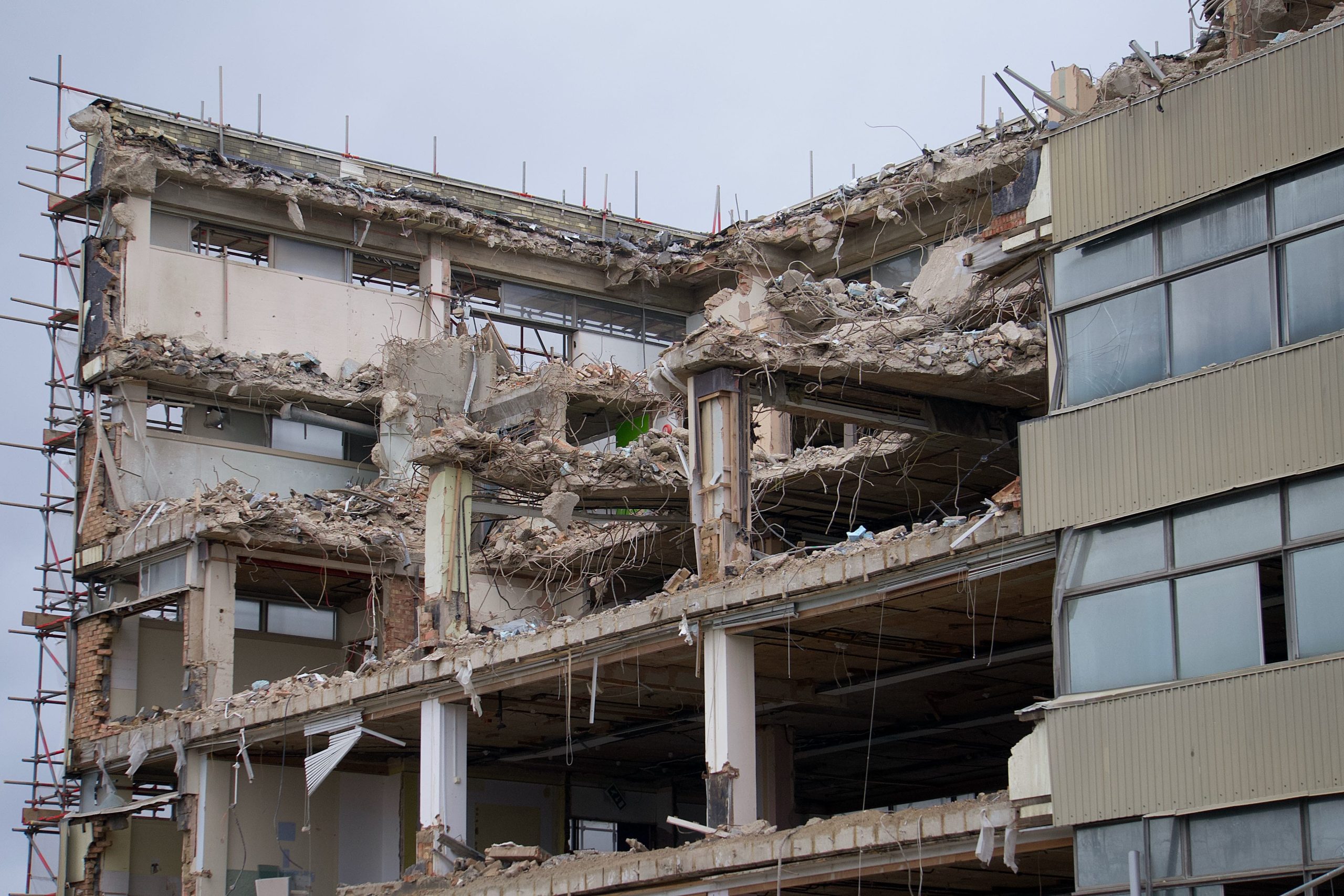Earthquakes can happen at any time and place, leaving destruction and chaos in their wake. But by being prepared, you can increase your chances of survival. Here’s a comprehensive guide to earthquake preparedness:
Know the risks: Understanding the risk of earthquakes in your area is essential to being prepared. Research the type of earthquakes that are most likely to occur in your area, as well as their frequency and intensity. This information can help you make informed decisions about your safety.
Make a plan: Have a plan in place for what to do during and after an earthquake. Discuss the plan with your family and make sure everyone knows what to do. Decide on a meeting place where everyone can gather if separated during the earthquake.
Create an emergency kit: Having a supply of food, water, first-aid supplies, flashlights, and other essentials on hand is essential. Store your emergency kit in an easily accessible place and make sure to replace items that have expired.
Secure your home: Secure heavy items in your home such as bookcases, televisions, and appliances to prevent them from falling during an earthquake. Consider installing seismic restraints or anchors to keep your furniture and appliances in place. Make sure your home is structurally sound and up to code.
Drop, Cover, Hold On: This is the recommended procedure during an earthquake. Drop to the ground, take cover under a desk or table, and hold on. If you’re in a vehicle, stop in a safe place and stay inside until the shaking stops.
Turn off gas and electricity: If you smell gas or hear a hissing noise, turn off the gas at the main valve and evacuate immediately. If the power is out, turn off all electrical switches to prevent fire.
Evacuate if necessary: If your home is unsafe or damaged, evacuate to a safe place. Avoid using elevators, as they may not be functional during or after an earthquake. If you are in a high-rise building, evacuate immediately and do not use the elevator.
Check for injuries: After an earthquake, check yourself and others for injuries and seek medical attention if necessary.
Expect aftershocks: Aftershocks are smaller earthquakes that can occur after the main event. They can be just as damaging as the initial earthquake, so it’s important to be prepared.
Stay informed: Stay informed about the situation in your area and follow the recommendations of local authorities. If you need to evacuate, follow the designated evacuation routes.
By following these tips, you can increase your chances of survival during an earthquake. Remember, preparation is key, so don’t wait until it’s too late. Take the time to educate yourself and your family about earthquake preparedness and ensure that you’re ready for the next seismic event.



Wow, awesome weblog structure! How long have you ever been running a blog for?
you made blogging look easy. The overall glance of your site is magnificent, let alone the content!
You can see similar: dobry sklep and here ecommerce